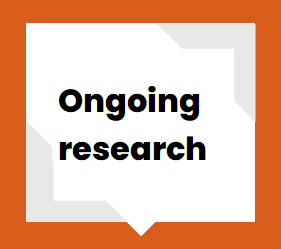Women who kill – how the state criminalises women we might otherwise be burying (by the Centre for Women’s Justice)
Centre for Women’s Justice (CWJ) is a legal charity working to hold the state to account and challenge discrimination in the justice system around male violence against women and girls. Formed in 2016, CWJ has undertaken a wide range of highly publicised strategic legal challenges and collaborative projects through partnerships with women’s sector organisations.
Justice for Women (JfW) is a feminist campaigning organisation that supports, and advocates on behalf of, women who have fought back against or killed violent men. Over the past years, JfW has developed considerable legal expertise in this area and has been involved in a number of significant cases at the Court of Appeal that have resulted in women’s original murder convictions being overturned.
The research conclusions, in summary, are:
(1) Despite efforts in recent years to improve the police response to domestic abuse, including coercive control, this research confirms that police practice remains inconsistent and often fails to protect women from abuse.
(2) Women who have killed their abuser are likely to be traumatised when they first engage with criminal justice agencies. At this critical moment sensitivity and skilled responses are needed from the police and initial legal representatives to allow women to make key decisions which will have significant consequences for their case – such as choice of legal representative and whether to speak in interview.
(3) Lawyers’ understanding of violence against women and girls is critical if they are to provide good legal representation and provide the appropriate defence/s for women in these cases.
(4) Memory issues are common in these cases. This is often a response to trauma which preceded the killing, or to the killing itself. However the issue is not well understood and may be interpreted by the prosecution and the judiciary as malingering.
(5) The use of psychiatrists and psychologists can be problematic when there is a hierarchy of experts, when experts disagree or appear biased, and when experts are not trained is issues around violence against women and young girls.
(6) Once women are convicted, the chance of an appeal is extremely slim. Many of the difficulties that women experience, such as poor legal representation, are not grounds for appeal.
Link to final report: Women Who Kill: how the state criminalises women we would otherwise be burying,



